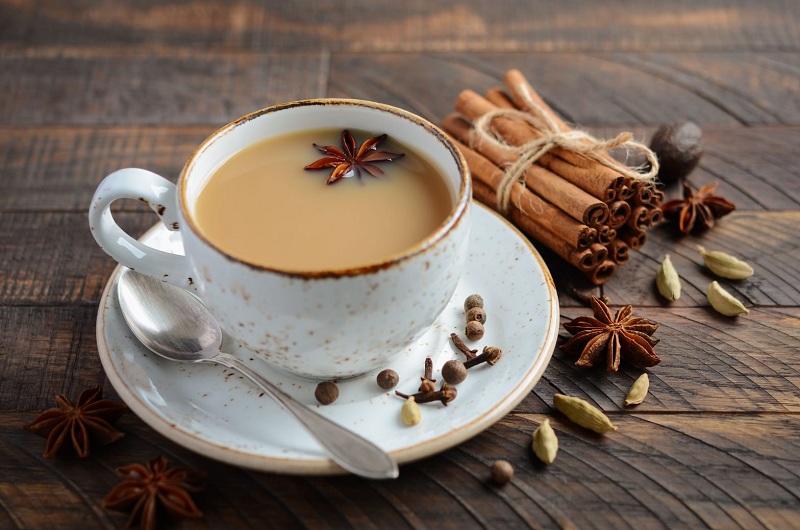As the world raises a cup to International Tea Day on May 21, the beloved brew holds a special place in the hearts and homes of many, particularly across India: the comforting, aromatic ‘Masala Tea’.
International Tea Day, officially recognized by the United Nations in 2019, celebrates the rich history, cultural heritage, and economic significance of tea worldwide.
This year’s theme, ‘Tea for Better Lives,’ highlights tea’s contribution to livelihoods, sustainability, and health.
While the verdant tea gardens of Assam and Darjeeling contribute immensely to the global tea landscape, the humble yet powerful addition of spices elevates a simple black tea into the therapeutic embrace of masala chai.
The magic of masala tea lies in its unique blend of spices, including ginger, cardamom, cinnamon, cloves, and black pepper, often brewed with milk and a touch of sweetness.
Each of these ingredients, revered in traditional medicine systems like Ayurveda for centuries, brings health benefits to every comforting sip.
Immunity Booster: The combined power of cinnamon, and cloves acts as a formidable defense against infections as it has antibacterial, antifungal and antiviral properties. Their synergistic properties strengthen the immune system, making masala chai a popular choice during colder months or when warding off seasonal ailments such as cold and flu.
Digestive Aid: Often enjoyed after meals, masala tea can significantly aid digestion. Ginger, cardamom, and cloves stimulate digestive enzymes, helping to prevent bloating, indigestion, and promoting overall gut health.
Rich in Antioxidants: The base of black tea itself is packed with antioxidants, which combat free radicals and protect cells from damage. The addition of spices like cardamom and cloves further amplifies this antioxidant punch, contributing to overall cellular health and potentially reducing the risk of chronic diseases.
Improves Heart Health: Research suggests that ingredients like cinnamon can help regulate blood sugar levels and improve cholesterol profiles, while the flavonoids in black tea can help prevent plaque buildup in arteries. These combined effects contribute to better cardiovascular health.
Good for oral health: Clove has natural antiseptic properties that cam promote gum health and freshen breath.
Cortisol Reduction: Studies have indicated that regular tea consumption, particularly black tea, can lead to lower levels of cortisol, often referred to as the “stress hormone.” When faced with stress, the body releases cortisol, and prolonged elevated levels can have detrimental effects on health. Tea’s ability to mitigate this response is a significant factor in its stress-reducing benefits.
Cardamom and nutmeg, commonly used in masala tea, have calming effects and can help reduce anxiety and stress.
So, on this International Tea Day, as you savour your next cup of masala chai, remember the rich tapestry of history, culture, and profound health benefits brewed within. It’s truly a warming brew of wellness, from field to cup.















